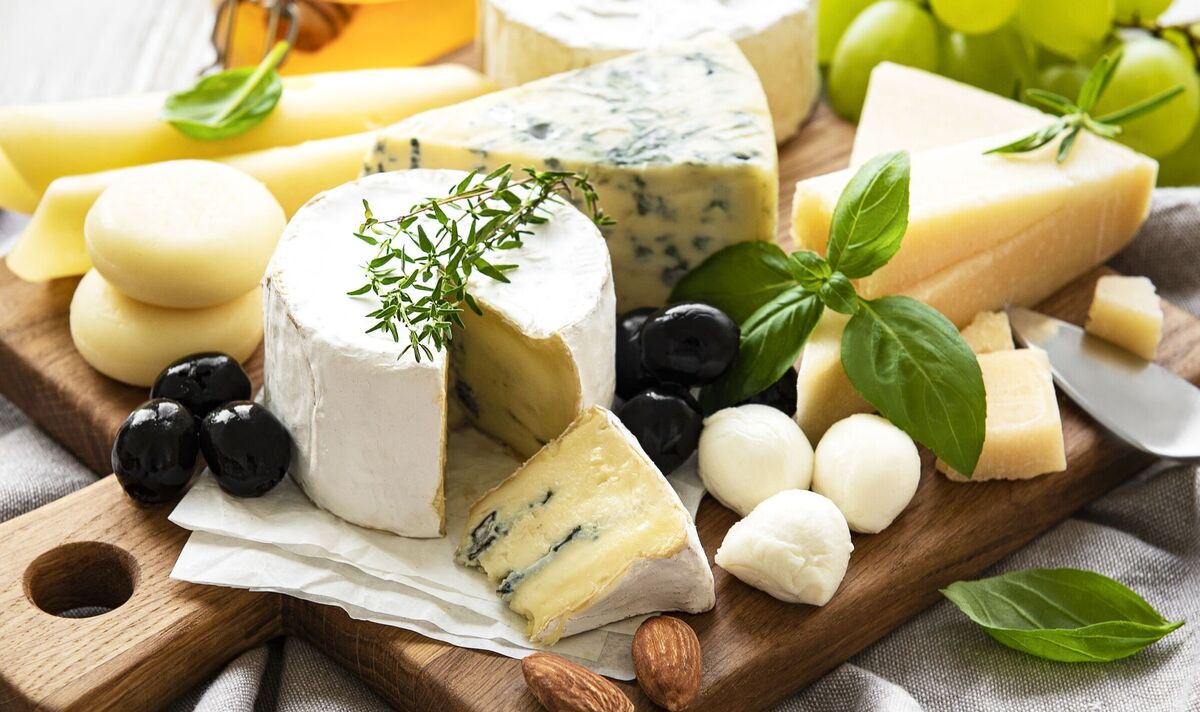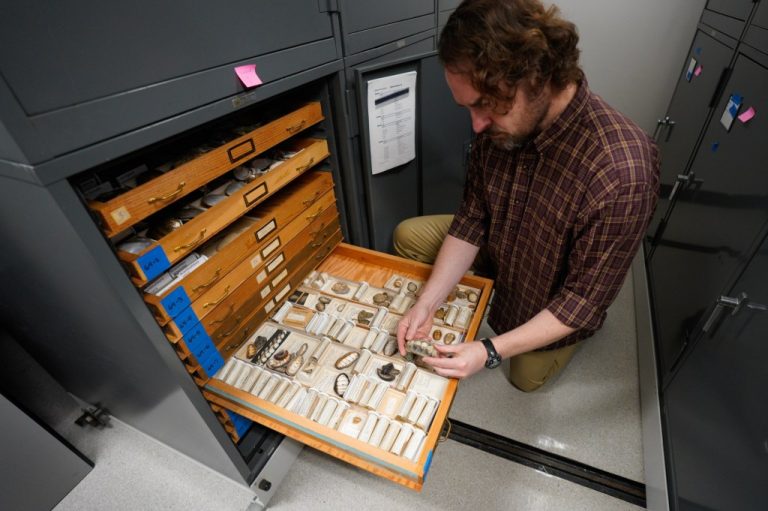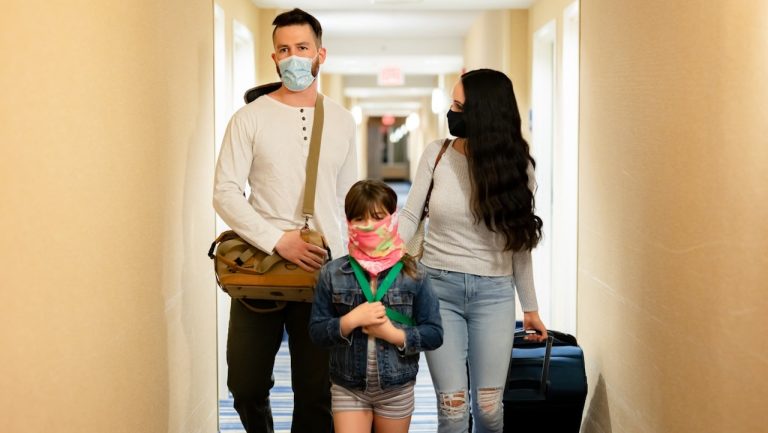
Cheese over Christmas is a tradition, but the Food Standards Agency (FSA) is urging the public not to eat five cheeses because of deadly E. Coli risk. Route des Terroirs recalled Morbier Maison Monts & Terroirs Chalet De Vevy Raw Cows’ Milk Cheese due to the presence of Shiga toxin-producing E. Coli in some batches.
The FDA warned ingestion of Shiga toxin-producing E.coli can lead to “severe diarrhoea, abdominal pain, and sometimes haemolytic uremic syndrome”.
Haemolytic uremic syndrome (HUS) is a “serious condition that can lead to kidney failure and can be fatal”.
Point of sale notices will be displayed where the products were sold, telling customers: “Do not consume… destroy the product.”
It may take up to a week of eating the product for symptoms to develop, the notice stated.
“People who have consumed the products… who have this type of symptoms are invited to consult their doctor without delay.”
In the absence of symptoms within 15 days of consumption, there should be no need to worry or the need to consult a doctor.
All batches of Morbier Maison Monts & Terroirs Chalet De Vevy Raw Cows’ Milk with the best-before dates up to January 24, 2024, are being recalled.
The Food Standards Agency (FSA) said: “Do not eat it. Instead, return it to the store from where it was bought to discuss options for a full refund.”
The FSA added: “The cheese is sometimes sold as a full block or served as individual portions.
“It may have been provided as part of a hamper you’ve purchased or been gifted.”
Other cheeses could have been contaminated with E. Coli, such as Lancashire Cheese products.
Mrs Kirkham’s Lancashire Cheese Ltd has recalled cheeses that could have been sold “as part of a charcuterie grazing platter”.
Here’s the full list of the cheese products being urgently recalled:
- Mrs Kirkham’s Mild & Creamy Lancashire
- Mrs Kirkham’s Tasty Lancashire
- Mrs Kirkham’s Mature Lancashire
- Mrs Kirkham’s Smoked Lancashire
All these cheeses might be contaminated with Shiga toxin-producing E. coli.
Point of sale notices will be displayed where the products were sold, and all customers are strongly advised to not eat any of them.
The FSA said: “Ensure the products are thoroughly wrapped and do not come into contact with any other foods.
“Wash your hands, equipment, utensils and surfaces that may have come into contact with the product thoroughly.”







